Unlocking the Power of Neuromodulation with Acupuncture: A Scientific Perspective
As many of you know, I’ve been training in a new method of Acupuncture called EXSTORE™ (examine, restore) with Dr. Anthony Lombardi in Canada. I’ve been studying his method for two years and getting excellent results. I’m excited to be going to a training session at his clinic in June. One of the words he uses a lot is neuromodulation. I’ve often wondered what exactly he is talking about when he uses this term, not realizing the power and efficacy of what I’ve been doing until digging a little deeper. What exactly does this mean and how does it relate to the thin needles used in acupuncture? Keep reading. It’s fascinating!
WHAT IS NEUROMODULATION?
Neuromodulation refers to the physiological process in which a given neuron uses chemicals to regulate diverse populations of neurons. In simpler terms, it’s how the nervous system adapts and regulates its own activity in response to external stimuli. This regulation can influence pain perception, inflammation, emotional states, and more.
In the context of acupuncture, neuromodulation means that the needles stimulate nerves in specific areas, triggering a cascade of biological responses that modulate the nervous system. These changes can lead to decreased pain, improved mood, reduced inflammation, and a greater sense of well-being.
HOW ACUPUNCTURE MODULATES THE NERVOUS SYSTEM
Scientific research has shown that acupuncture can influence both the central and peripheral nervous systems through several mechanisms:
Endorphin release: Acupuncture stimulates the release of endogenous opioids like endorphins, enkephalins, and dynorphins, which act as natural painkillers.
Neurotransmitter regulation: It affects levels of serotonin, dopamine, and norepinephrine—neurotransmitters that play key roles in mood, pain, and sleep.
Anti-inflammatory effects: Acupuncture reduces pro-inflammatory cytokines, helping the body reduce inflammation that may contribute to chronic pain.
Brain region activation: Functional MRI (fMRI) studies show that acupuncture stimulates or calms specific brain regions associated with pain and emotion regulation.
SCIENTIFIC RESEARCH ON NEUROMODULATION & ACUPUNCTURE
Numerous studies back acupuncture’s role in neuromodulation:
A 2010 review published in Autonomic Neuroscience: Basic and Clinical described how acupuncture impacts the autonomic nervous system by modulating both sympathetic and parasympathetic responses, helping reduce stress and inflammation.
In a 2012 study in Neuroscience Letters, researchers found that electroacupuncture (a form of acupuncture using a mild electric current) significantly decreased pain in rats by modulating spinal cord activity.
A 2017 systematic review in Brain Research demonstrated that acupuncture improves neurological function in patients with chronic pain by altering brain connectivity and neuroplasticity.
CONDITIONS IMPROVED BY NEUROMODULATION VIA ACUPUNCTURE
Thanks to its neuromodulatory effects, acupuncture is now used to support a variety of conditions, including:
Chronic pain (e.g., low back pain, fibromyalgia)
Musculoskeletal pain in any region whether acute or chronic injuries
Adaptations or compensations in muscle patterns
Anxiety and depression
Migraines
Insomnia
Menstrual disorders
Digestive dysfunction
Post-stroke rehabilitation
Peripheral neuropathy
As research continues to explore the intersections between ancient medicine and modern neuroscience, acupuncture's role as a neuromodulatory therapy grows more compelling. It’s not just about placing needles—it’s about gently influencing the body's intricate network of nerves and signals to restore balance, reduce pain, and support overall health.
Whether you're managing chronic pain or looking to reduce stress, acupuncture offers a time-tested, scientifically backed approach to support the body's natural ability to heal. When seeking this type of acupuncture, always make sure you are seeing a Licensed Acupuncturist (L.Ac.) specializing in this type of practice.
